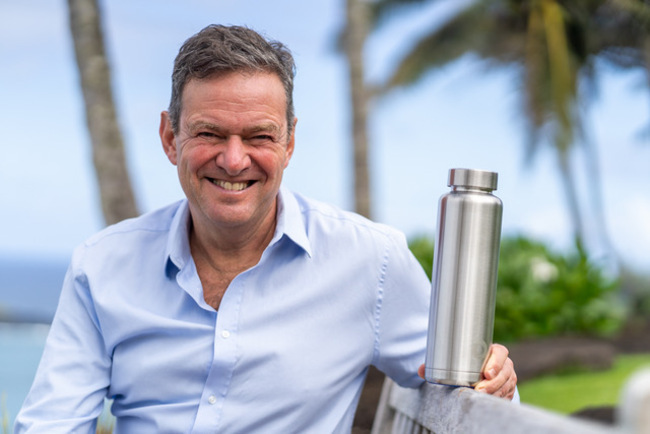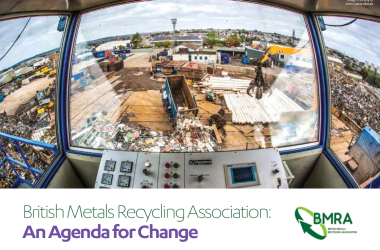Last Updated on: 21st October 2024, 04:04 pm
Swedish global water purification and beverage innovator Bluewater has called for an immediate ban on single-use plastic water bottles following the release of a global study showing that nearly all bottled water samples tested are contaminated with toxic PFAS chemicals. This urgent appeal is not only a response to the latest findings but also part of a broader call to address the growing crisis of ‘forever chemicals’ affecting water, food, and air worldwide.
The study, conducted by researchers at the UK’s University of Birmingham and China’s Southern University of Science and Technology, found PFAS chemicals in tap water in major cities across Britain and China. More alarmingly, Perfluorooctanoic acid (PFOA) and perfluorooctane sulfonate (PFOS)—two particularly hazardous types of PFAS—were detected in over 99 percent of bottled water samples taken from 15 countries, including the UK, France, Norway, Finland, China, Canada, Japan, and New Zealand.
Earlier this year, a Bluewater study revealed significant levels of PFAS across various locations in London, home to eight million people. PFAS, commonly referred to as “forever chemicals,” have been linked to numerous health issues, including heightened blood cholesterol, hypertension, weakened immunity, reproductive challenges, and an increased risk of certain cancers.
“The latest research demands urgent global action to tackle the threats to the planet’s health and future generations posed not least by single-use plastic bottles and the water they contain, including banning the worst offenders from selling their products,” stated Bengt Rittri, Bluewater founder and CEO.
Rittri, an acclaimed Swedish environmental entrepreneur who previously founded air purification leader Blueair, which was sold to Unilever in 2016, sees the new research as a global wake-up call for governments to address the production of bottled water, with over 600 billion single-use plastic bottles produced annually. The majority, less than 15 percent, are recycled, with the rest ending up in landfills or oceans, leaking harmful chemicals into the environment.
In light of these worrying findings, which raise serious health concerns for consumers worldwide, Bluewater highlights the necessity of ensuring safe tap water. This comes as a recent US study, surveying 141 countries, found that 40 percent of the global population is losing confidence in municipal water, fearing it is unsafe.
“These findings are a wake-up call for consumers and regulators alike,” said Bengt Rittri. He noted that while many authorities deem PFAS (per- and polyfluoroalkyl substances) and other chemicals in tap and bottled water as acceptable due to their ‘low levels,’ there is increasing concern about their cumulative effects.
“PFAS are known for their persistence in the environment and the human body, leading to bioaccumulation. We know from research that even low-level exposure over time from different sources, including water, food, and air, may be linked to various health issues, including immune system effects, hormone disruption, and increased risk of certain cancers.”
Bluewater’s water purification technologies, designed for use in homes, workplaces, and recreational settings, aim to deliver healthier tap water. Independent testing confirms they can remove 99% of toxic chemicals like PFAS, offering a solution for consumers to protect their health. Bluewater’s innovative purification and beverage systems empower people worldwide to take control of their water quality through the company’s next-generation SuperiorOsmosis™ technology, which eliminates up to 99.7 percent of contaminants.
“As awareness of these potential risks grows, it becomes increasingly important for more stringent regulations, better testing methods, and most importantly, increased transparency about contaminants in drinking water. Consumers are not just bystanders in this issue and need to be given the knowledge they need to protect themselves against contamination by PFAS and other chemicals,” Rittri added.






